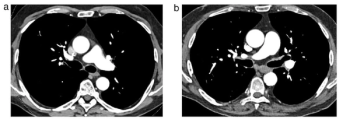
In comparison to energy-integrating detector CT for the workup of suspected acute pulmonary embolism, the use of photon-counting detector CT reduced radiation dosing by 48 percent, according to newly published research.
Senior Editor, Diagnostic Imaging

In comparison to energy-integrating detector CT for the workup of suspected acute pulmonary embolism, the use of photon-counting detector CT reduced radiation dosing by 48 percent, according to newly published research.
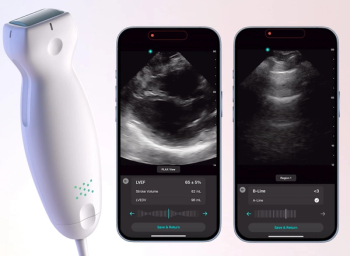
The artificial intelligence (AI)-powered applications reportedly allow clinicians to diagnose pulmonary edema and measure left ventricle ejection fraction within seconds.
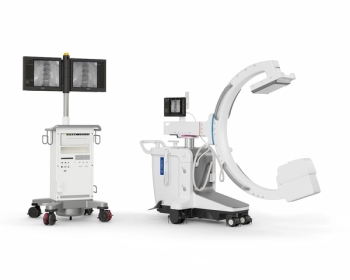
In addition to advanced imaging quality and dose efficiency, the Philips Zenition 30 mobile C-arm device emphasizes personalized user profiles and automated customization to help reduce procedure time.
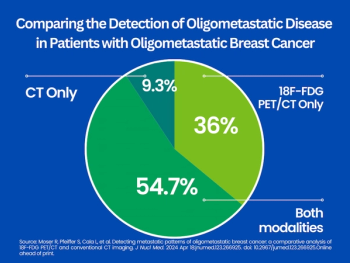
In a study of women with oligometastatic breast cancer, the use of 18F-FDG PET/CT detected additional metastases in one-third of cases that were not evident on conventional CT.
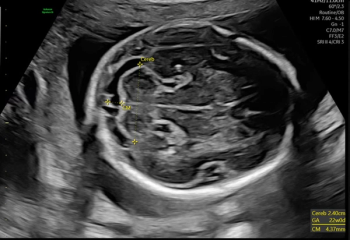
One of the features on the new Voluson Signature 20 and 18 ultrasound devices reportedly uses automated AI tools to facilitate a 40 percent reduction in the time it takes to perform second trimester exams.
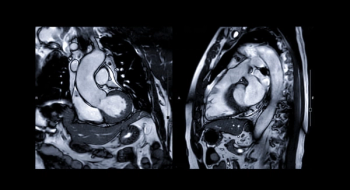
While noting inconsistencies with the diagnostic yield of cardiac MRI in patients who survived sudden cardiac arrest, researchers cited unique advantages in characterizing ischemic cardiomyopathy (ICM) and facilitating alternate diagnoses.
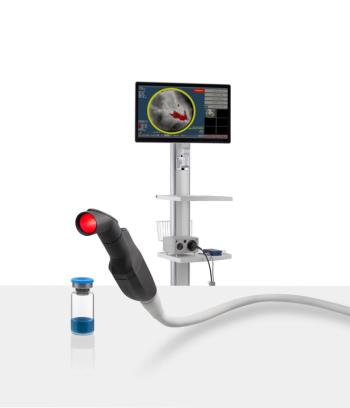
The combination of the optical imaging agent Lumisight and the fluorescence imaging device Lumicell Direct Visualization System, collectively known as LumiSystem, reportedly offers 84 percent accuracy with real-time detection of residual breast cancer after lumpectomy procedures.
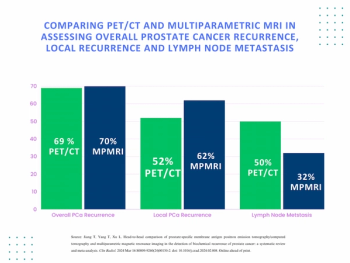
A recent meta-analysis found that multiparametric MRI and PET/CT had comparable detection rates for diagnosing prostate cancer recurrence.
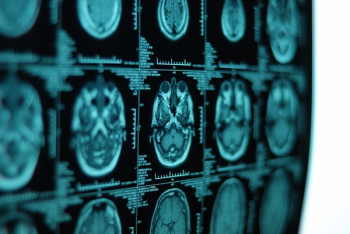
The use of continuous ofatumumab in patients within three years of a relapsing multiple sclerosis diagnosis led to substantial reductions in associated lesions on brain MRI scans, according to research recently presented at the American Academy of Neurology (AAN) conference.
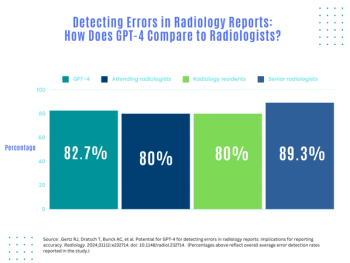
A new study shows that GPT-4 may offer comparable error detection rates to those of attendings and radiology residents in reviewing radiology reports, but researchers noted key caveats as well.
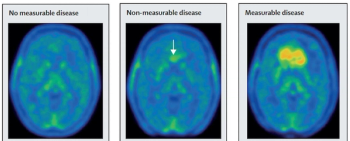
A positron emission tomography (PET) agent that targets LAT1 and LAT2 membrane transport proteins, TLX101-CDx or 18F-floretyrosine could be utilized to help characterize progressive or recurrent glioma.
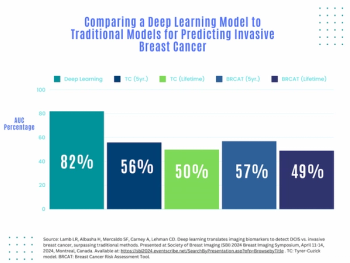
Artificial intelligence (AI) assessment of mammography images may significantly enhance the prediction of invasive breast cancer and ductal carcinoma in situ (DCIS) in women with breast cancer, according to new research presented at the Society for Breast Imaging (SBI) conference.
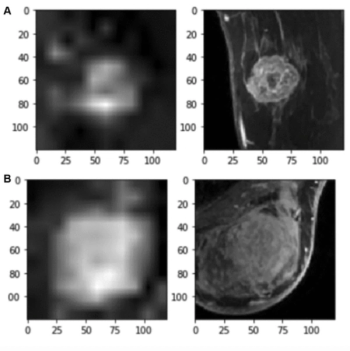
For the prediction of axillary lymph node metastasis in patients with breast cancer, an MRI-based, 4D convolutional neural network model demonstrated an AUC of 87 percent and sensitivity of 89 percent, according to new research.
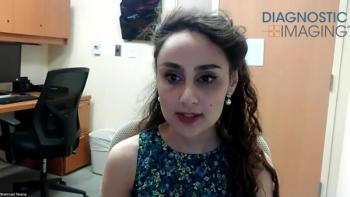
Discussing findings from a new study presented at the Society for Breast Imaging (SBI) conference, Shahrzad Tavana, M.D., detailed the significant impact of training sessions for MRI technologists in improving breast positioning, optimal field of view and accuracy of sequence submissions to PACS for breast MRI exams.
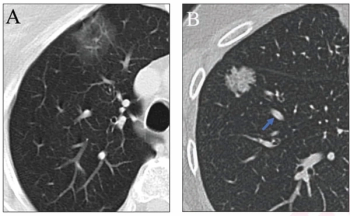
The inclusion of simulated adjudication for resolving discordant nodule classifications in a deep learning model for assessing lung adenocarcinoma on chest CT resulted in a 12 percent increase in sensitivity rate.
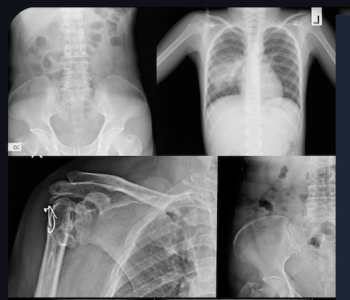
Leveraging artificial intelligence, the Rho software assessment of X-rays may allow earlier detection of bone loss.
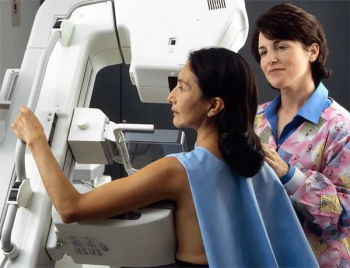
Patients with Medicaid or means-tested insurance were over 27 percent more likely to miss mammography appointments, and only 65 percent of women with three of more adverse social determinants of health had a mammography exam in a two-year period covering 2020 and 2021, according to new research and a report from the CDC.
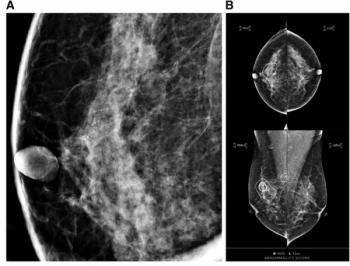
Emerging research suggests that an artificial intelligence (AI) score of 75 or greater for mammography abnormalities more than doubles the likelihood of invasive upgrade of ductal carcinoma in situ (DCIS) diagnosed with percutaneous biopsy.
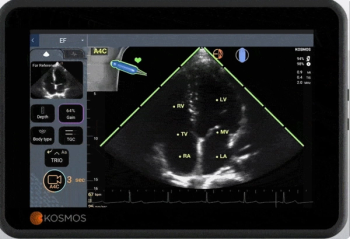
Strain imaging analysis is one of the automated parameters included in the newly FDA-cleared Us2.v2 software for adjunctive review of echocardiographic images.
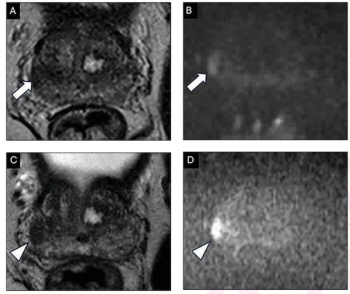
In a recent review, researchers examined the pros and cons of specialized scoring systems for prostate MRI, including the PI-QUAL score, PRECISE recommendations, PI-RR scoring and PI-FAB assessments.
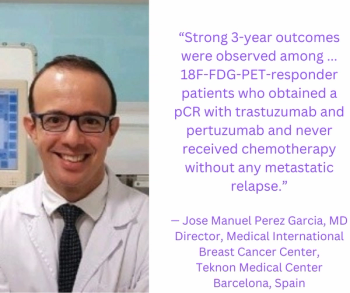
Utilizing PET imaging to assess pathologic complete response to the combination of trastuzumab and pertuzumab for patients with HER2-positive breast cancer, researchers noted a 94.8 percent rate of invasive disease-free survival at three years.
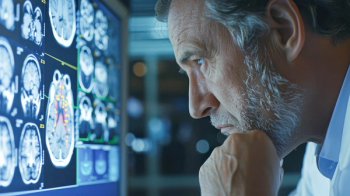
In an attempt to navigate the imbalance between rising imaging volume and a shortage of radiologists, researchers proposed a variety of measures that may provide additional resources, bolster productivity, and help mitigate burnout.
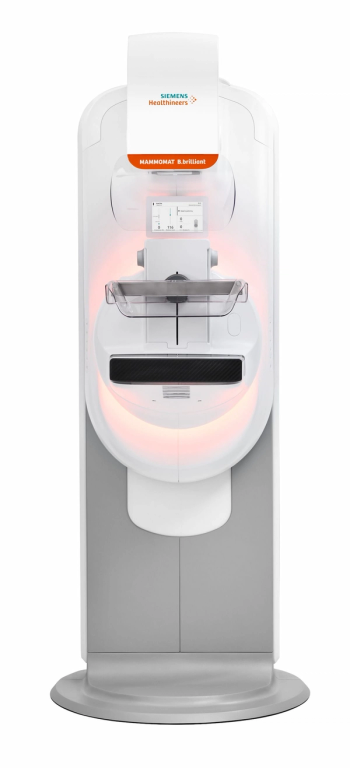
In addition to full-field digital mammography and titanium contrast-enhanced mammography capabilities, the Mammomat B.brilliant system also offers ergonomic, workflow and patient comfort benefits.
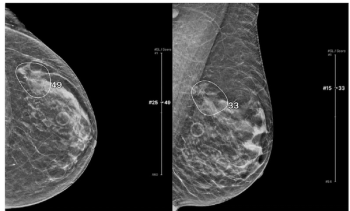
An emerging artificial intelligence (AI) model demonstrated more than 12 percent higher specificity and reduced image reading time by nearly six seconds in comparison to unassisted radiologist interpretation of digital breast tomosynthesis (DBT) images.
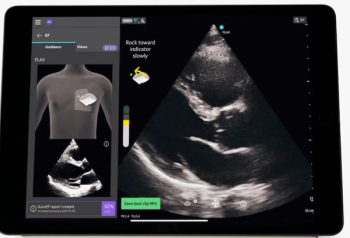
The addition of Caption AI to the handheld ultrasound device Vscan Air SL may facilitate optimal imaging for point-of-care cardiac evaluation.

An MRI-based machine learning model demonstrated a comparable background parenchymal enhancement (BPE) hazard ratio to that of manual BPE assessment for breast cancer, according to a study of over 4,500 women with dense breasts.
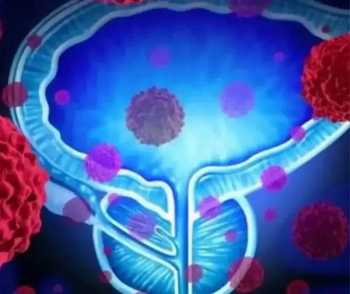
Up to 48 percent of unnecessary prostate biopsies could be eliminated by limiting biopsy to patients with PI-RADS 4 and higher MRI assessments and a prostate-specific antigen density level below 0.15 ng/mL2, according to a new meta-analysis.
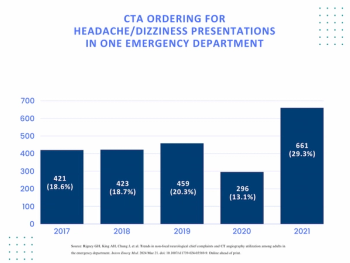
Researchers noted a 67.4 percent increase in head and neck CT angiography and a 38 percent reduction in findings of acute pathology in a recent comparison of 2017 and 2021 statistics for headache and/or dizziness presentations at the emergency department of an urban academic medical center.
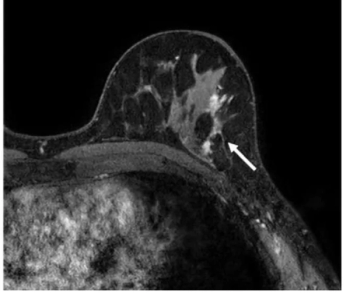
In a new literature review, researchers noted key findings on the use of breast MRI in facilitating breast cancer detection for women with dense breasts and others at high-risk for breast cancer.

In a cohort of patients with invasive breast cancer and tumor sizes ranging between 0.3 to 9 cm, image-guided cryoablation was associated with a 10 percent recurrence rate at 16 months, according to research recently presented at the Society of Interventional Radiology (SIR) conference.